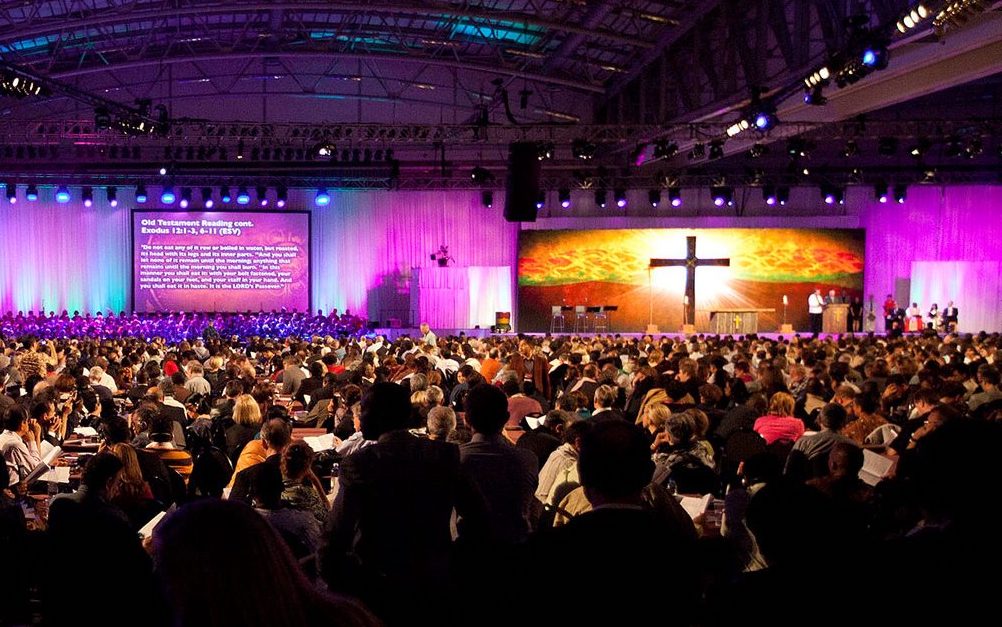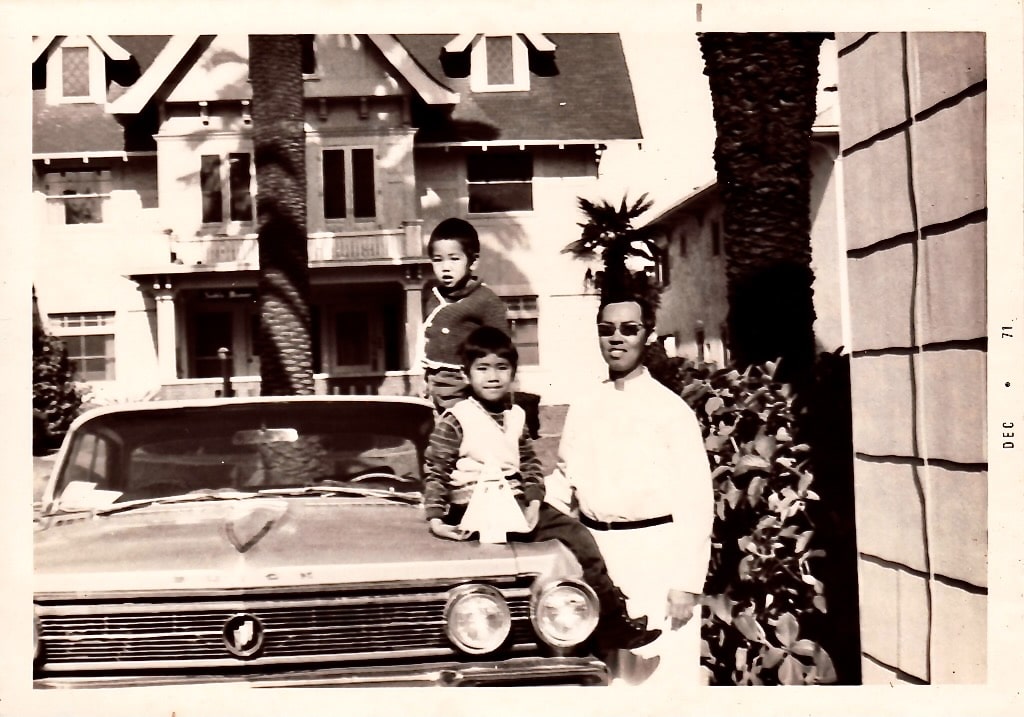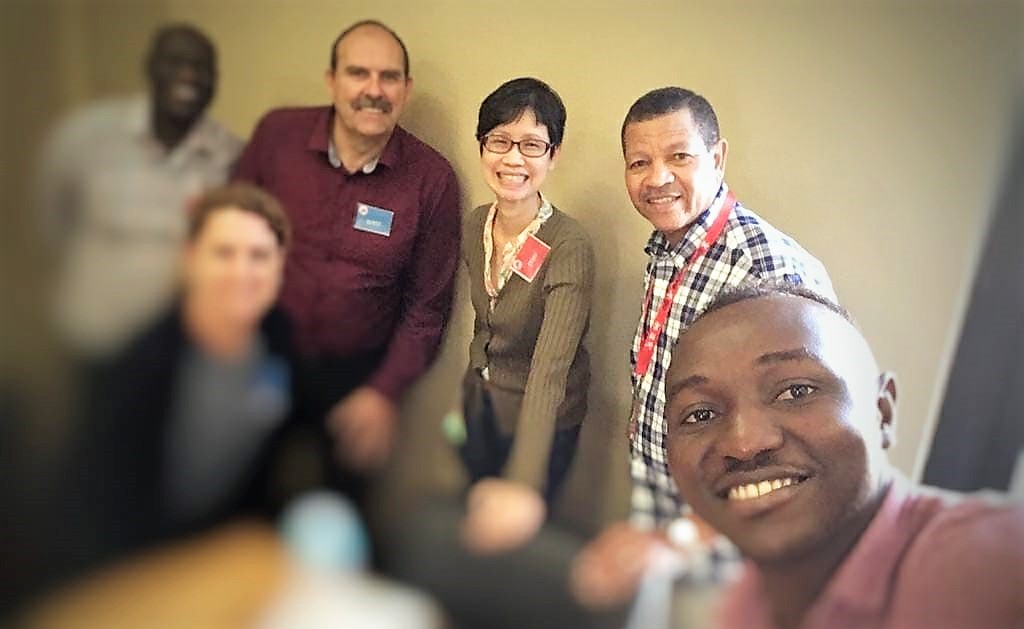“A very special time for the Asian Church”: Lausanne Movement CEO on Seoul 2024
by Tan Huey Ying // May 24, 2022, 11:20 pm
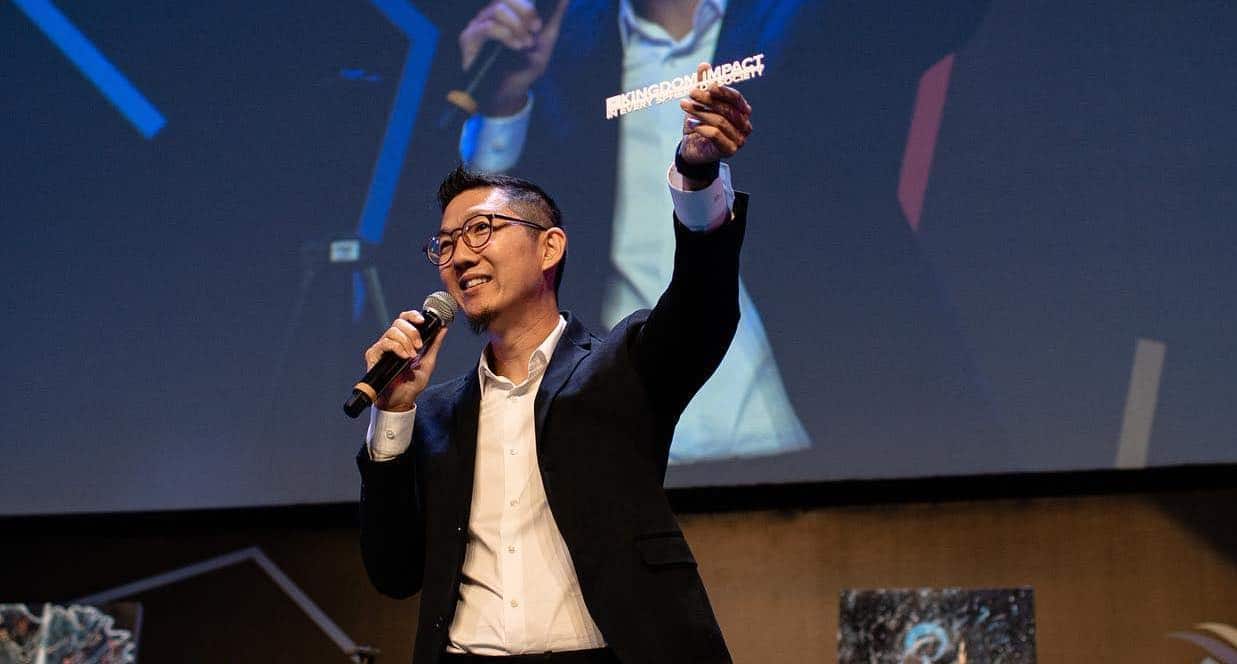
Seoul 2024 is an event of special significance, given that it is led, planned and funded by the Asian church for the global body of Christ, says CEO Michael Oh. Photo from Lausanne Movement Facebook.
This is a time of unique challenges in the world as well as unique threats within the church.
In such a time, the Lausanne Movement, a platform for global missions started by Billy Graham, will be gathering Christian leaders and influencers from every nation in the world for Seoul 2024, the Fourth Lausanne Congress on World Evangelization.
“We believe we are in such a moment in time,” CEO Michael Oh told Salt&Light. He pointed out that the Congress does not meet on a “regular schedule” like other events, but rather, meets only after a process of spiritual discernment amongst “leaders who are long-time partners and friends”.
The Lausanne Movement is an international convener and trusted platform for global missions with the stated objective to “connect influencers and ideas for global mission”.
Only two such large-scale congresses – almost two decades apart – have been held since the first event in 1974 in Lausanne, Switzerland. Oh has been the Global Executive Director and CEO since early 2013.
A gathering to discern
In an email interview with Salt&Light, Oh described the Seoul congress as “a model for truly poly-centric global mission”, adding: “This will be one of the most visible expressions of the truly holistic, collaborative, humble, coordinated and effective global body of Christ.”
The Seoul 2024 Congress – which is significantly planned, led and funded by Asians – will not simply be “a global congress in Asia led by non-Asians and funded by non-Asians”. But it would be a very special time for the Asian church “to welcome the global church for a global congress”.
Singapore, in particular, is a “city with over-sized global influence”, he noted.
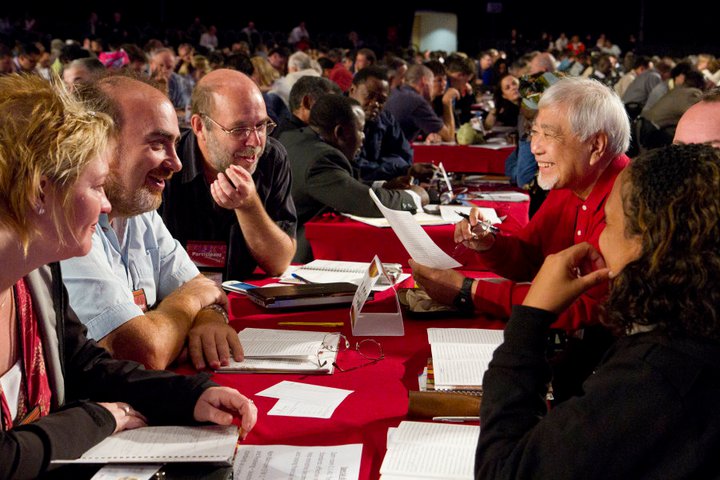
A table discussion at the Third Congress for World Evangelisation, held in Cape Town, South Africa, 2010. Photo from Lausanne Movement Facebook.
Seoul 2024, which is co-hosted by Korea and Japan, is an intersection of his own personal story and calling, Oh shared. He was mentored by the late Jim Chew, former director of The Navigators Singapore.
Ordained by the Presbyterian church of America when he was 27, Oh went to Japan for missions after completing his masters in East Asian Studies at Harvard University. He spent over a decade doing missions in Nagoya, Japan.
His parents are Koreans who immigrated to Philadelphia, where he was born and raised. But it was his experience growing up as a Korean-American that allowed him “the challenge and blessing” of being a cultural bridge-builder.
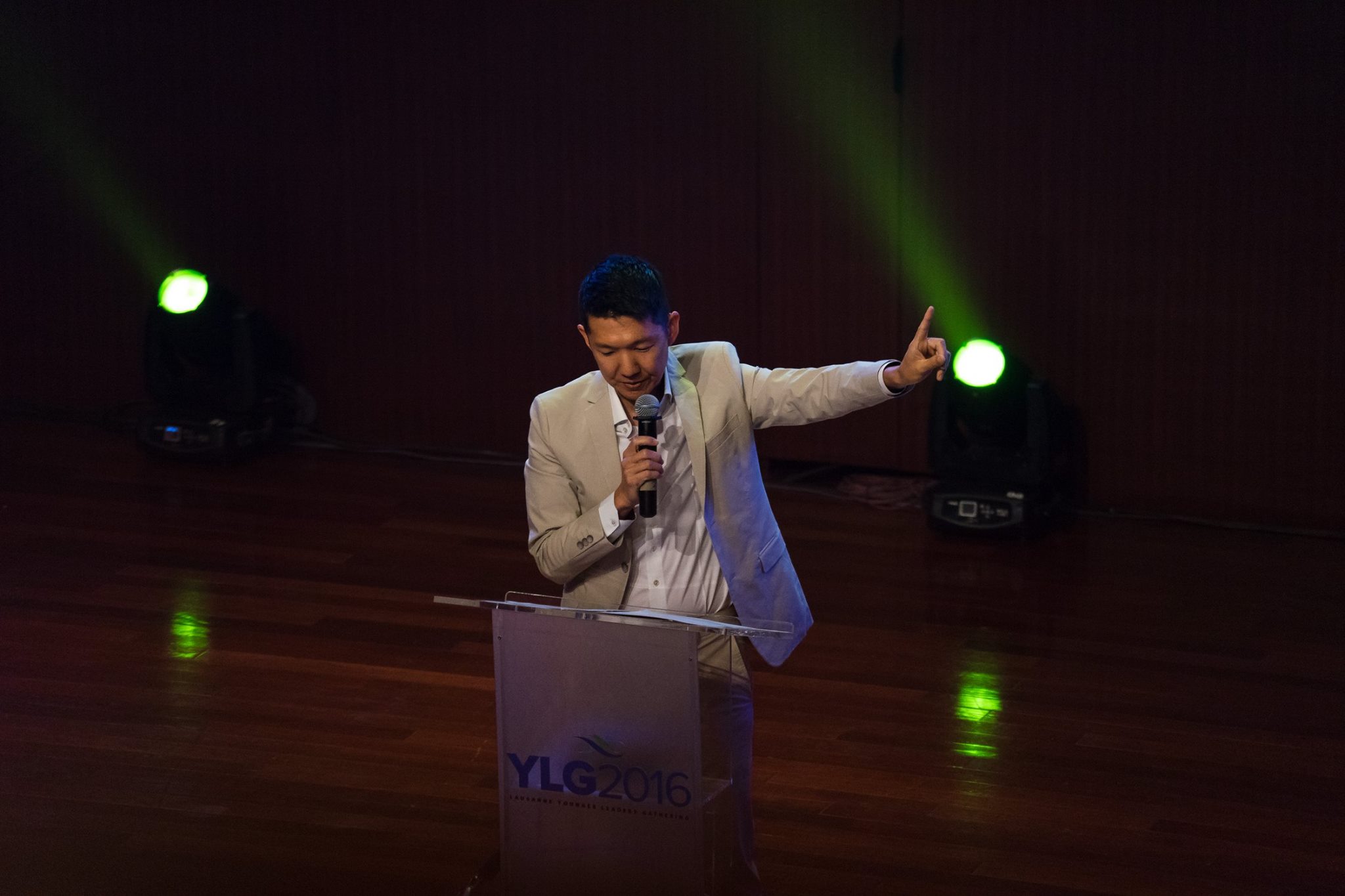
Michael Oh speaking at a keynote session of the Young Leaders Gathering (YLG) in Jakarta 2016 organised by the Lausanne Movement. Singapore was also a special part of Lausanne history as the host of the first Lausanne YLG in 1987. Photo from Lausanne Movement Facebook.
The cultural, generational and linguistic divide was “not insignificant”, said Oh, who said that as a young boy, he was a “terrible grandson” to his maternal grandfather. “He represented everything that I felt uncomfortable with about myself, my family and cultural background.
“But the Lord mercifully allowed me to repent.”
In the last hours of his grandfather’s life, Oh shared the Gospel with him and they prayed together before he passed on.
Becoming a bridge-builder
“It was my faith that helped me understand who God made me to be and how to live in a complex world with an eternal mission,” Oh said.
“We want to see how the brokenness of the world and the church can be healed by the beauty and the power of the Gospel.”
He is a fifth-generation Christian, whose parents shared their faith “quietly”, more through prayer than persuasion, through modelling rather than by verbalising.
“They weren’t model parents like the hands-on ‘ideal’ parents that younger generations aspire to be. But they were great parents who survived and thrived through the incredible challenges of being an immigrant family,” he said.
He realised that understanding his host culture would allow him to “figure out who I wanted to be”, but he first needed to understand his parents’ and grandparents’ generation and story “to understand who I am”.
In fact, it was from his own failings that he learnt how important it was to be more concerned about understanding others than being understood, to seek more to serve than to be served, and to love rather than be loved.
A global church
“The core of a global church is prayer and friendship,” emphasised Oh. “We need to spend time asking the Lord for discernment regarding particular circumstances of what is going on around the world.”
A “huge factor” in the process of discernment is the resonance of commitment, passion and conviction, he added. “But there is also a beautiful sense of affirmation from other nations and parts of the world.
“We want to see how the brokenness of the world and the church can be healed by the beauty and the power of the Gospel. And how we can pursue this together. Together is better.”
FOR MORE STORIES LIKE THIS:
We are an independent, non-profit organisation that relies on the generosity of our readers, such as yourself, to continue serving the kingdom. Every dollar donated goes directly back into our editorial coverage.
Would you consider partnering with us in our kingdom work by supporting us financially, either as a one-off donation, or a recurring pledge?
Support Salt&Light